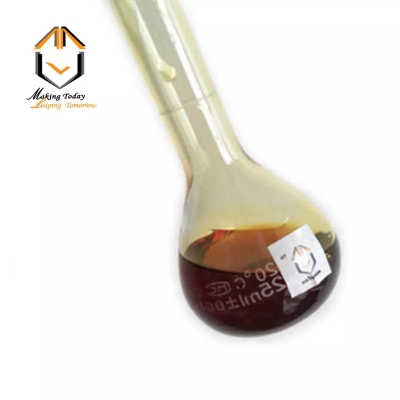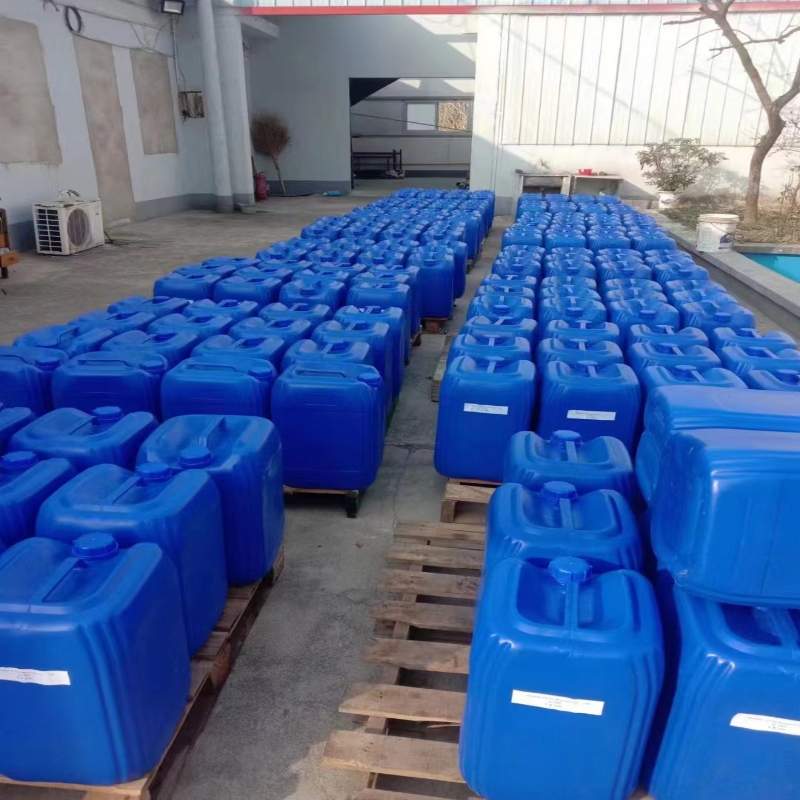-
Categories
-
Pharmaceutical Intermediates
-
Active Pharmaceutical Ingredients
-
Food Additives
- Industrial Coatings
- Agrochemicals
- Dyes and Pigments
- Surfactant
- Flavors and Fragrances
- Chemical Reagents
- Catalyst and Auxiliary
- Natural Products
- Inorganic Chemistry
-
Organic Chemistry
-
Biochemical Engineering
- Analytical Chemistry
-
Cosmetic Ingredient
- Water Treatment Chemical
-
Pharmaceutical Intermediates
Promotion
ECHEMI Mall
Wholesale
Weekly Price
Exhibition
News
-
Trade Service
Original title: Imported consumption tax on some refined oil products has limited impact on the domestic liquefied gas market
Original source: International Business Daily
Reporter: He Xiaoxi
Recently, the Ministry of Finance, the General Administration of Customs, and the State Administration of Taxation issued an announcement that, starting from June 12, 2021, certain refined oil products will be treated as naphtha or fuel oil to levy an import link consumption tax.
The announcement mainly involves three kinds of refined oil products.
Jin Peipei, an analyst at Zhongyu Information, said that light cycle oil, mixed aromatics, and diluted bitumen usually contain more aromatics or bitumen and are generally not used as fuel.
The Ministry of Finance website announced on May 14 that the price trend of the domestic liquefied gas market is showing a steady but weak operating trend, and the market trading atmosphere is not tepid, especially the post-ether carbon four market is affected by the intensification of supply and demand.
However, the consumption tax on imports of some refined oil products may not have that great long-term impact on the liquefied gas market.
Jin Peipei said that, on the whole, the incident of imposing an import link consumption tax on some refined oil as naphtha or fuel oil has limited impact on the domestic liquefied gas market.
Jin Lianchuang analyst Xue Jing said that in the long term, if more mixed aromatics are refined and imported as a single chemical product, it will impact the domestic market prices of toluene and xylene and increase product competition pressure.







